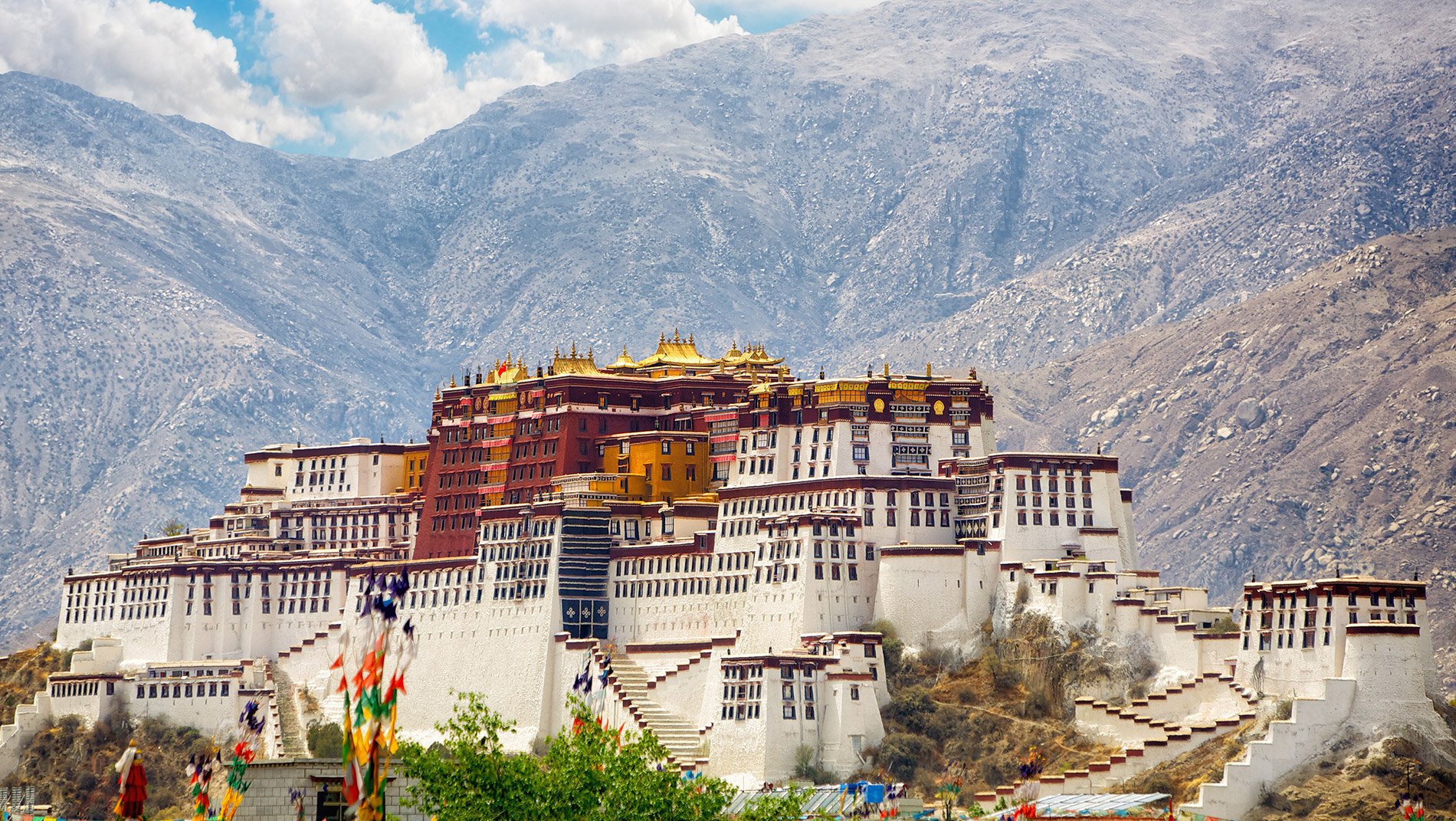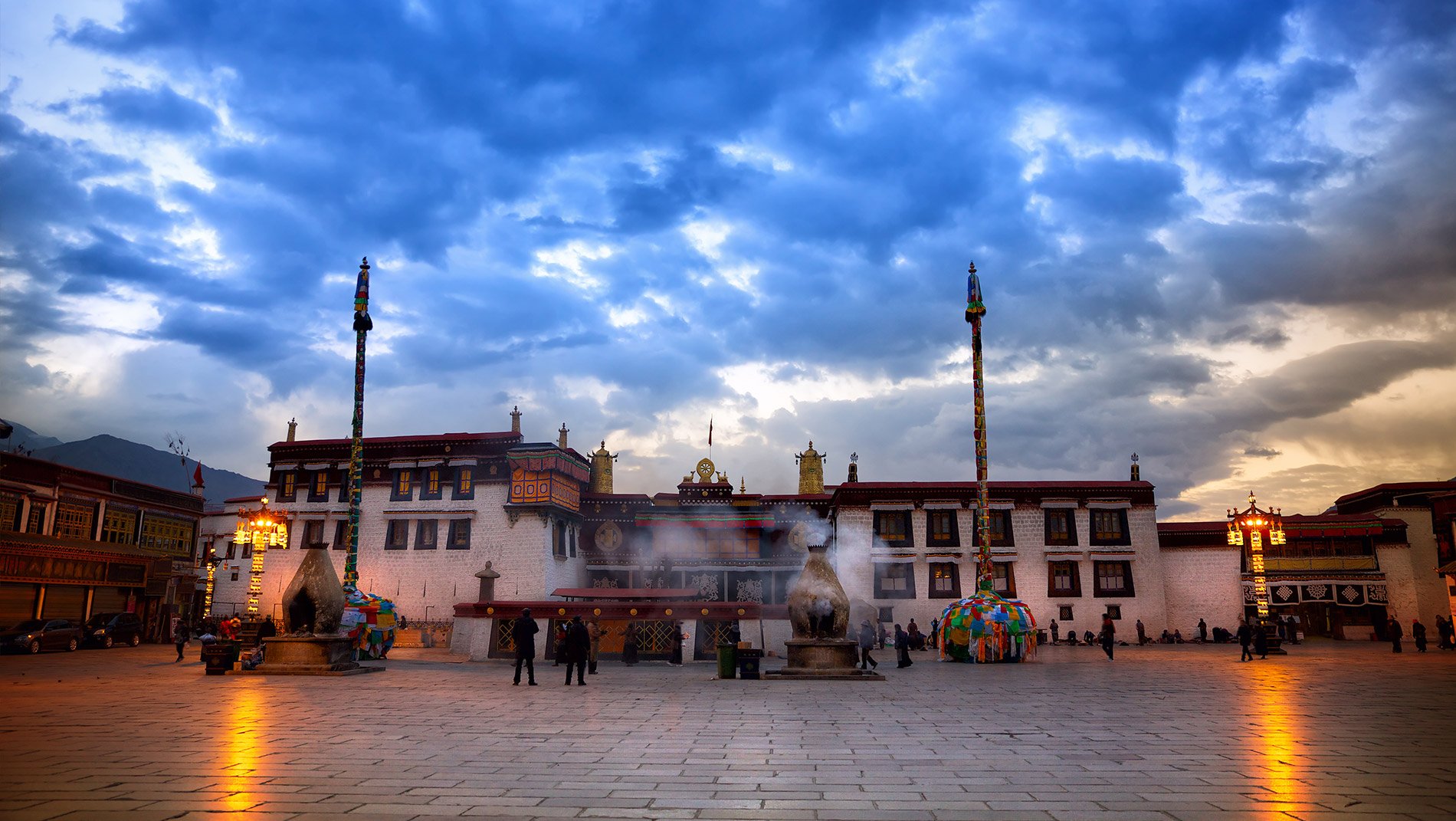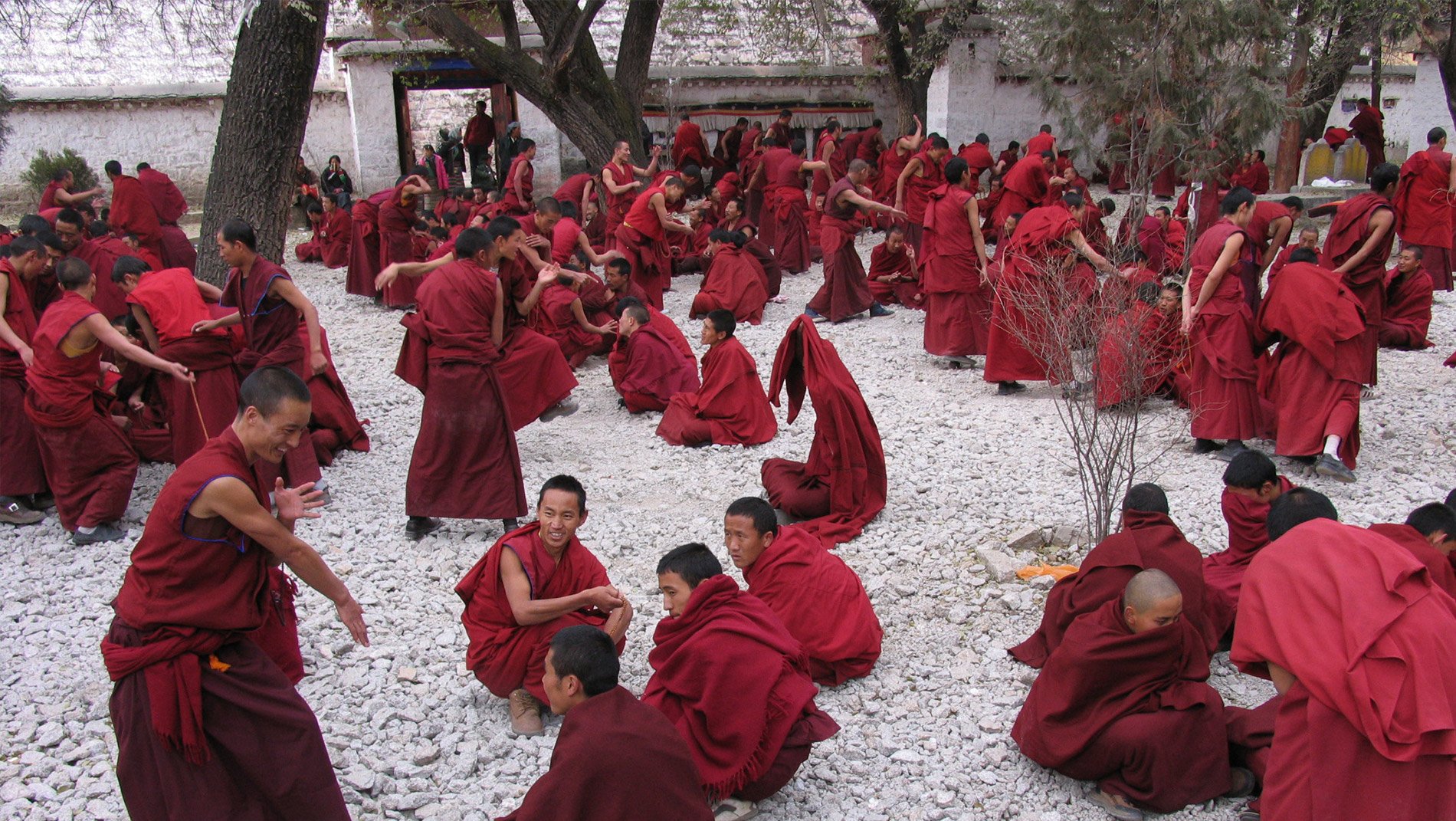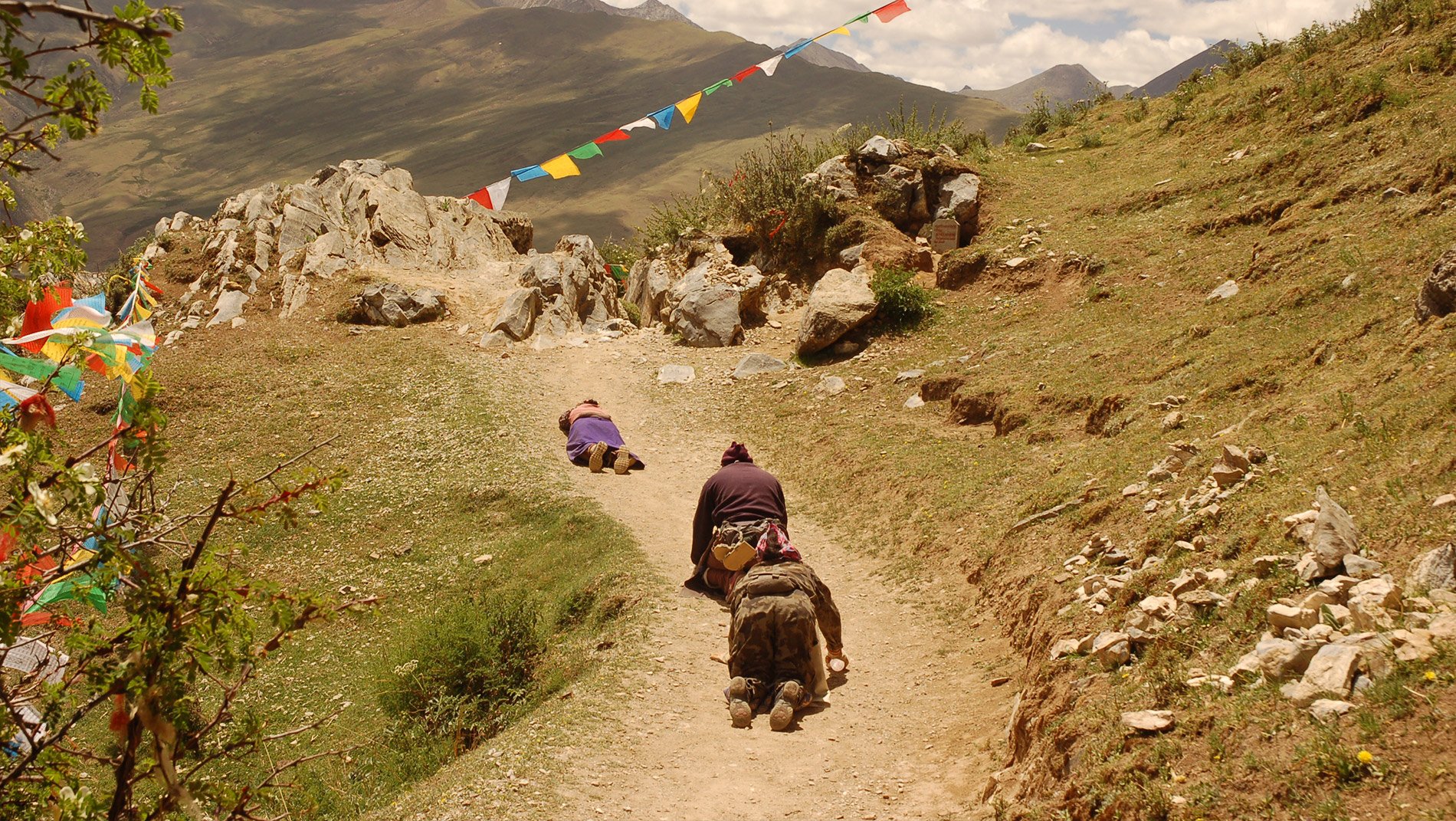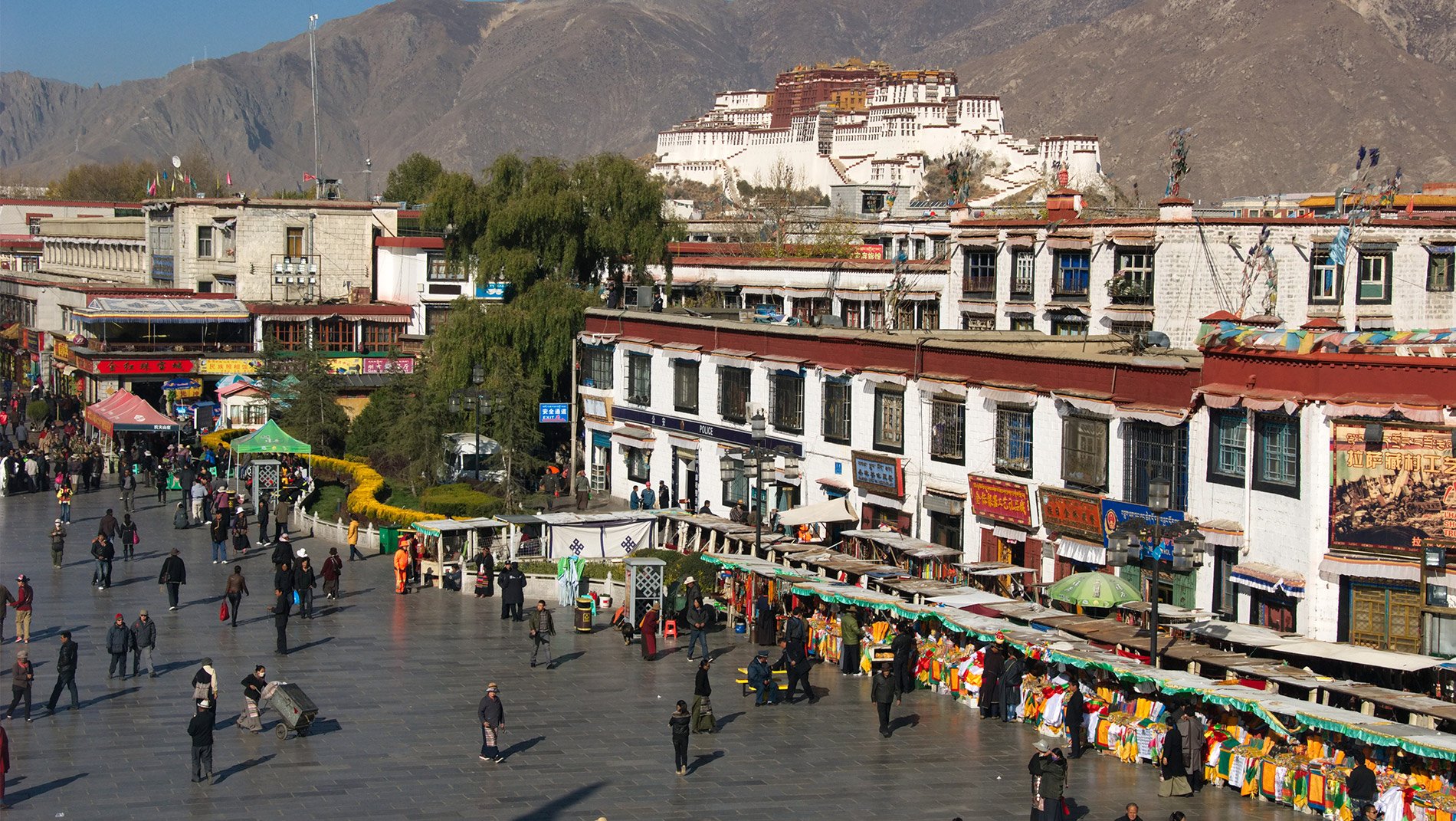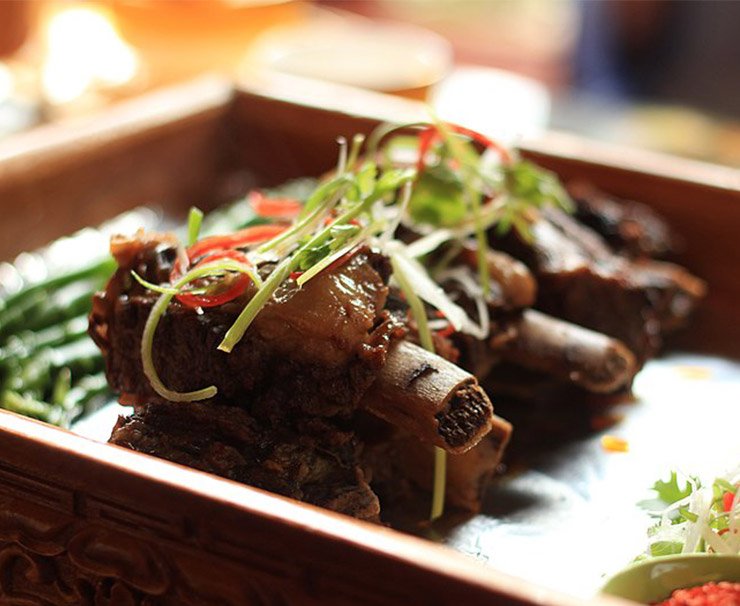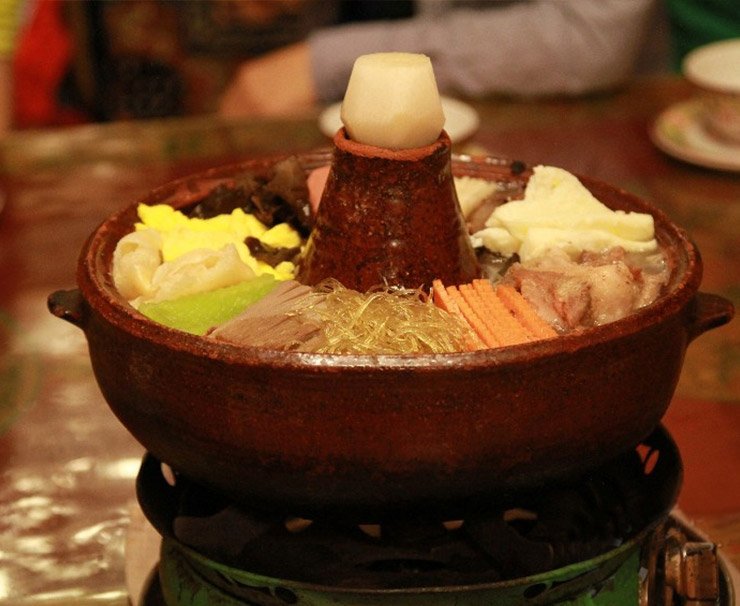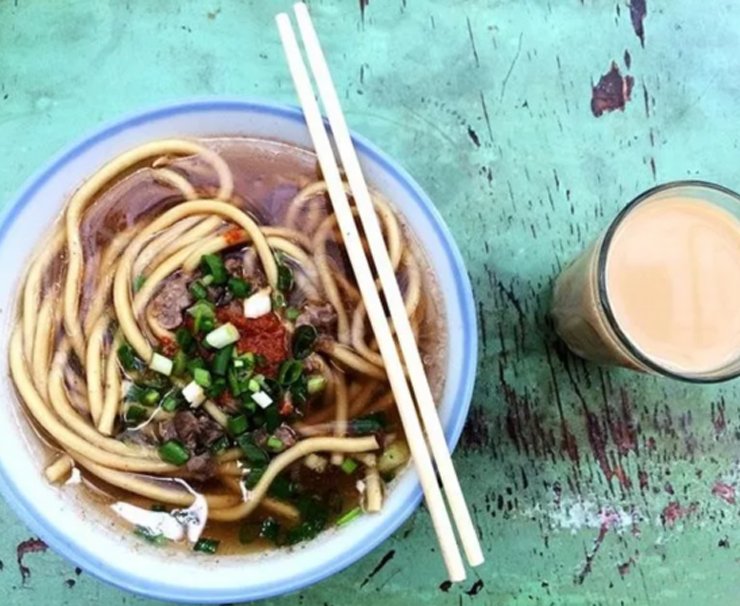- destinations
- lhasa
They come by the thousands to one of the world’s most exotic, extreme and remote environments in search of something intangible. For a Tibetan pilgrim, Lhasa is the ultimate mythical, political and spiritual destination, the curtain call on the journey of a lifetime. Walk with these steely men and wiry women who have come thousands of miles on foot to reach the holiest place in Tibetan Buddhism, the Jokhang Temple, before proceeding to the abandoned Potala Palace.
Lhasa has a transformative power like no other, it is a place of soaring religious debate, reincarnation, miracles, and self-discovery. Visitors sometimes say they find this otherworldly environment oddly familiar, like a fading fragment of a half-forgotten dream. Perhaps, it represents our aspiration for a spiritual paradise in a Jungian unconscious, or perhaps the altitude plays tricks on us all.
lhasa HIGHLIGHTS
A selection a some of the many incredible experiences that await you
Thank you, thank you, Imperial Tours, for a wonderful, memorable, meaningful experience! Our family is forever grateful to you and your representative for creating this one of a kind experience for us.
Custom Itineraries
Explore lhasa through the eyes of a local
Lhasa is fabulous for the cultural explorer. However, as one of the highest and most remote cities in the world, it is not ideal for every traveler. If you want to see a beautiful culture on the roof of the world, come. On the other hand, if you insist on your Martini shaken, not stirred, Lhasa might not be for you.
We customize each of our itineraries based on your interests and traveling style. The itinerary below forms a base to start the conversation.
Luxury Accommodations
For many years five star accommodation was unavailable on the roof of the world. The opening of the St. Regis in 2008 changed that...
Learn More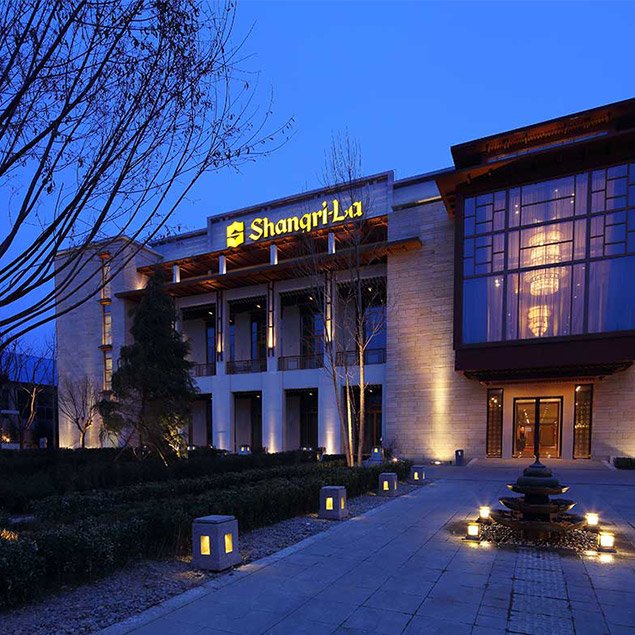
Shangri-La
The most recently opened international 5 star hotel in Lhasa features an Oxygen bar, views over the Potala Palace and is within walking distance of the Norbulinka, the Dalai Lama's Summer Palace.
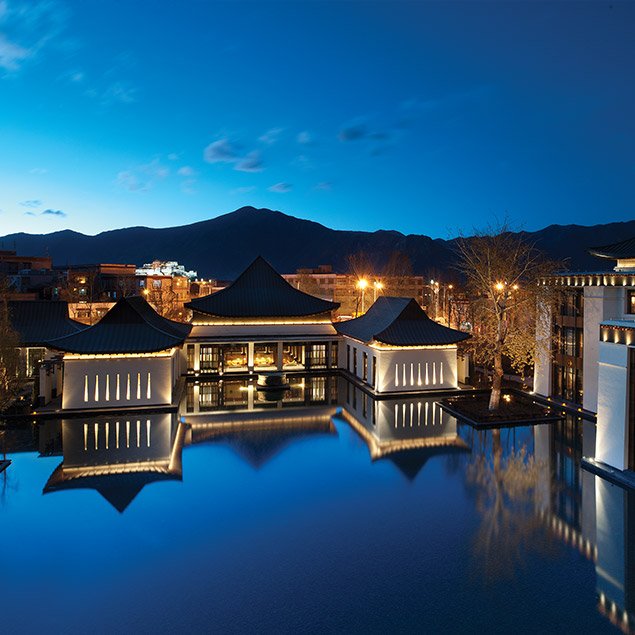
St. Regis
Enjoy views of the Potala Palace from generously-apportioned wood-paneled rooms, saunter down to the spa's gold-lined Iridium pool and cross the street to wander through Lhasa's charming city center.
Your Personal Traveling Concierge



Our China Hosts
Our China Hosts are part of what makes us unique; they help explain our success for over twenty years. Our China Hosts have been hand selected and expertly trained to provide you with the most unforgettable journey. From seamlessly ensuring flawless logistics, to deepening your cultural immersion, to effecting last minute adjustments, in the words of a guest, they take a trip "from excellence to perfection". Before you travel with us, it's hard to imagine what a China Host brings to the party. After, it's hard to imagine traveling without one.
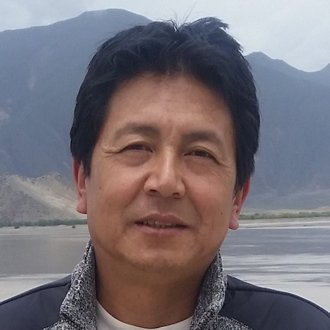
suggested guide: tashi
Fine Dining & Authentic Cuisine
Experience the finest in Chinese and Western cuisine
Yak meat and barley are fundamental to the Tibetan diet. Conservative visitors might be tempted by a Yak steak whilst the more adventurous could sample Tibetan Hot Pot, dumplings or thukpa, a local noodle soup.
Demographics
- The capital of the Tibetan Autonomous Region .
- Population: 279,074 (2010)
- Literal Meaning of Lhasa: Place of the Gods
Brief History
- 173 AD – Thothori Nyantsen, the 28th King of Tibet, is born
- 233 – The initial introduction of Buddhism to Tibet occurs when Nyantsen receives a Buddhist scripture
- 641 – Jokhang Temple is built
- 649 – Tang Dynasty troops occupy Lhasa and burn down the Red Palace
- 1642 – Lobsang Gyatso, the fifth Dalai Lama unifies Tibet and moves the centre of his administration to Lhasa
- 1645 – Construction of the Potala Palace on Red Hill begins.
- 1648 – The Potala Palace becomes the Dalai Lama’s Winter Palace
- 1950 – Chinese People’s Liberation Army troops enter Tibet
- 1959 – Tibetan uprising against Chinese feudalism leads to the Dalai Lama and 80,000 followers fleeing to India.
- 1965 – The Tibetan Autonomous Region is formally established
- 1966 – China’s Cultural Revolution begins. Monasteries are sacked and monks and nuns are forced to return to secular life
- 1992 – Lhasa is declared a special economic zone
- March 1999 – China states the Dalai Lama can return to Tibet so long as he give up his calls for Tibetan independence and recognizes Tibet as a part of China
- December 1999 – Dalai Lama accuses the Chinese government of genocide
- 2006 – Qinghai to Tibet Railway is opened
Geography
- Lhasa lies in the center of the Tibetan Plateau surrounded by mountains. Due to the high altitude, the air in Tibet contains 68 percent as much oxygen as at sea level.
- Elevation: 3,600m (11,800ft)
- Main Rivers: Lhasa River and Kyi River
- Total area coverage: 77.88 km2 (30.07 sq mi)
Recommended Destinations
After your time spent exploring lhasa you may want to consider these other recommended destinations
Help Me Decide-
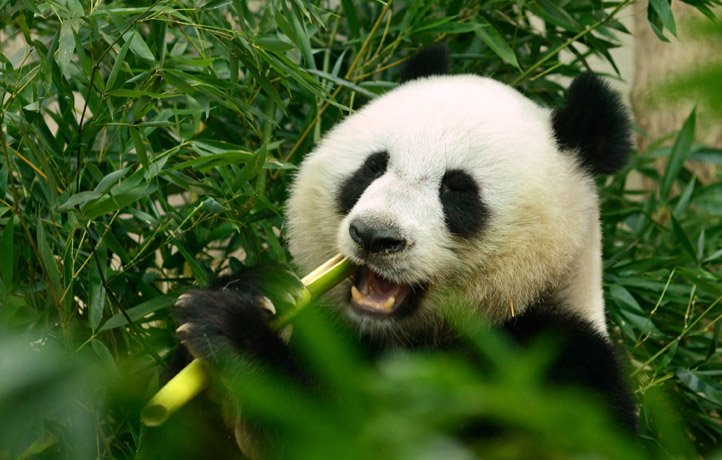
Chengdu
Home to the Great Panda, Sichuan cuisine & the location of the astonishing cultural relic "Sanxingdui".
-
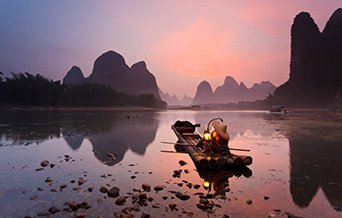
Guilin
Craggy limestone towers bestride a lazy river meandering through this lush rural paradise.
-
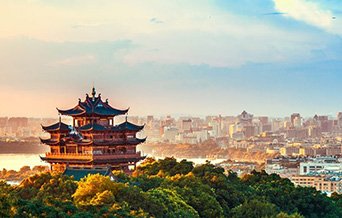
Hangzhou
Perennially decadent, forever elegant, this refined ancient capital epitomizes classical Chinese beauty and l’art de vivre.
-
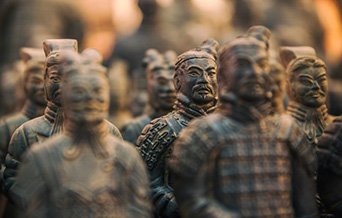
Xi'an
China’s capital for 11 centuries boasts the Terracotta Warriors and a Muslim quarter that dates to the time of the Silk Road.
